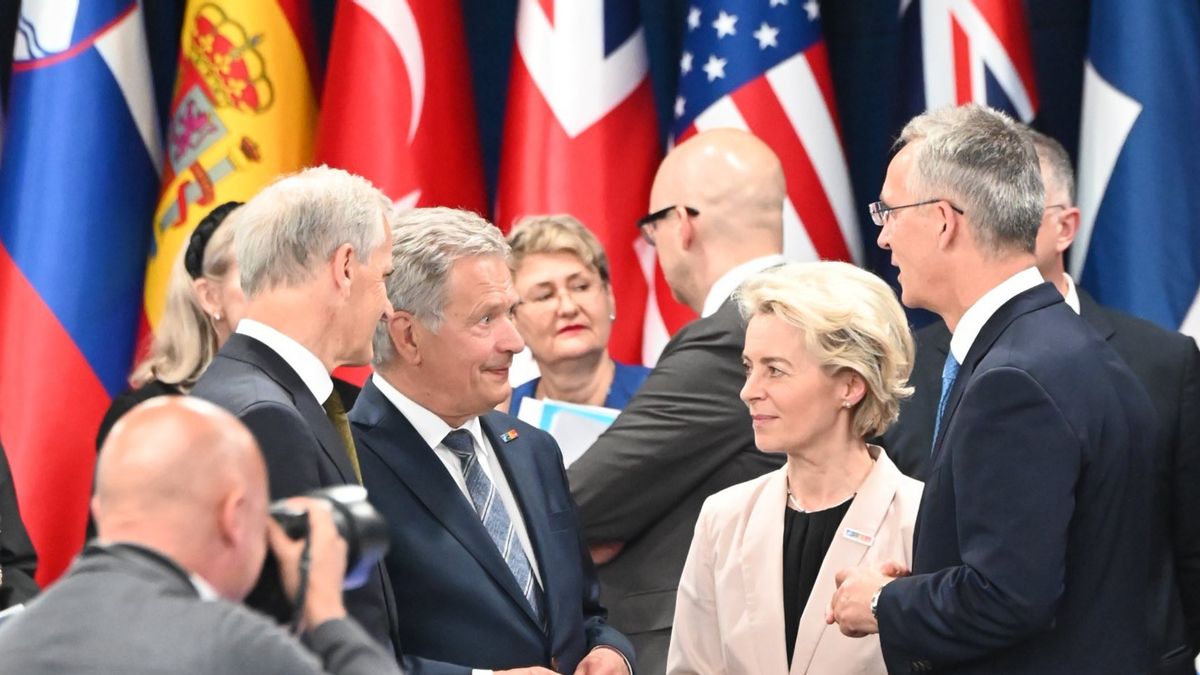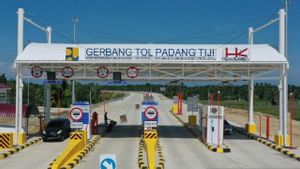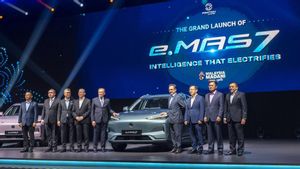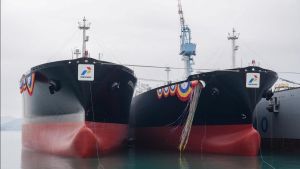JAKARTA - The European Union's agreement to phase out combustion engine cars in just 12 years is a challenge. But the more daunting obstacle is making enough batteries to power the electric car it needs. This came to the attention of senior Volkswagen executives on Wednesday, June 29.
The comments were made after European Union countries reached agreement on a proposed law to combat climate change on Wednesday morning. The deal includes one that requires new cars sold on the block to emit no CO2 from 2035.
The deal will bring sales of cars with internal combustion engines to a halt in the European Union .
The European Commission first proposed the package last summer, which aims to cut planet-warming emissions this decade. But the deal allows the proposal to become law in the European Union.
"This is a challenging goal. We think it can be done," VW Chief Financial Officer Arno Antlitz told Reuters in an interview at the Reuters Automotive Europe conference on Wednesday.
"The most challenging topic is not increasing the car factory. The most challenging topic is improving the battery supply chain," he said.
VW has said it will stop selling combustion engine cars in the region by the targeted date. But some automakers whose technology lags far behind in the race to develop electric vehicles (EVs), such as Toyota, may struggle to keep up. The Japanese automaker declined to comment on the deal.
Today major car manufacturers have been racing to secure a supply of battery cells, but finding enough raw material for batteries may be a bigger problem.
Failure to get an adequate supply of lithium, nickel, manganese or cobalt can slow the transition to EVs. This could make EVs more expensive and threaten automakers' profit margins.
Stellantis Chief Executive Officer Carlos Tavares said last month he expected a shortage of EV batteries to hit the auto industry in 2024-2025 as manufacturers try to increase EV sales while building new battery factories.
On Wednesday, Tavares said the EU decision was not a surprise to them. "So for us that's not good news, nor is it bad news, that's exactly the assumption we had in our plans," said Tavares. The plan calls for Stellantis to sell only EVs in Europe by 2030.
Tavares is in Tremery, France to announce plans to accelerate production of electric motors at a plant that has for years been the world's largest diesel engine production operation.
The deal in Luxembourg was reached after more than 16 hours of negotiations, with Italy, Slovakia and other countries wanting the suspension to be delayed until 2040.
EU member states eventually backed a compromise that kept the 2035 target and asked Brussels to assess by 2026 whether hybrid vehicles could meet those goals.
The 2035 proposal is designed so that, in theory, all types of car technology such as hybrids or cars running on sustainable fuels can comply, as long as they do not emit carbon dioxide.
The 2026 Commission Review will assess what technological advances have been made in hybrid cars to see if they can meet the 2035 goals.
The English, Chinese, Japanese, Arabic, and French versions are automatically generated by the AI. So there may still be inaccuracies in translating, please always see Indonesian as our main language. (system supported by DigitalSiber.id)













